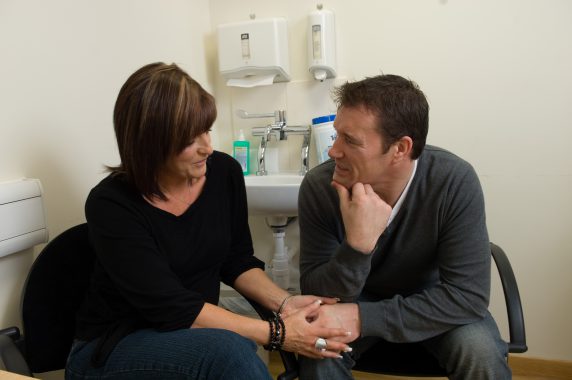Number of patients completing IAPT drops as longer waiting times rise

Two thirds of patients with mental health problems are not completing talking therapy sessions according to the latest official data, which also shows more patients are experiencing longer waits before accessing the service.
The latest figures from NHS Digital show only 36.8% of patients completed the full Improving Access to Psychological Therapies (IAPT) programme in August – 48,547 of 131,943 patients referred.
This compares with 39.4% patients (48,748 out of 123,850) who completed the full course in August 2018.
Based on the latest data, of all the patients referred to IAPT almost a third were never seen by the service at all.
Meanwhile 30% of those referred only ever completed one treatment session – a slight deterioration from August last year when 29% left the programme at this point.
At the same time, an increasing number of patients are waiting longer to be seen. More than 6,000 patients (12.7%) waited longer than six weeks to enter treatment, compared with 10.3% patients last August.
In addition, a further 1.2% of patients – around 582 people – had to wait more than 18 weeks.
The BMA said the growing waiting times to access IAPT are ‘totally unacceptable’ and warned GPs are having to plug the gap.
In April 2015, NHS England brought in the target for 75% of people to start treatment within six weeks of referral, and 95% within 18 weeks – both of which are being met at a national level.
But a previous investigation by Pulse found rising numbers of patients are waiting for longer periods between IAPT appointments, which could prompt patients to leave treatment and return to their GP.
Pulse revealed around 50% of patients were waiting over 28 days between their first and second treatment – contrary to NICE guidelines.
Commenting on the latest NHS Digital figures, Dr Richard Vautrey, BMA GP Committee chair, said: ‘The growing waiting times to access mental health therapy services is totally unacceptable, and all too often leaves patients in huge amounts of distress.
‘It’s not then surprising that fewer courses of treatment are completed if patients are frustrated by delays in accessing them, and this also has a ripple effect for GPs who have to plug the gap with extra work.’
He added: ‘Practice teams want their patients to get the best possible care, but the current situation is not good enough. That’s why we need to see access to these services urgently improved, to ensure our patients, regardless of where they live, get the treatment they need and deserve.’
An NHS spokesperson said: ‘The fact is more than one million people were referred to IAPT services over the last year, helping hundreds of thousands overcome their depression and anxiety – and for those patients where IAPT is not the most appropriate treatment option, staff will quickly refer the patient to specialist mental health services.’
Pulse October survey
Take our July 2025 survey to potentially win £1.000 worth of tokens

Visit Pulse Reference for details on 140 symptoms, including easily searchable symptoms and categories, offering you a free platform to check symptoms and receive potential diagnoses during consultations.










